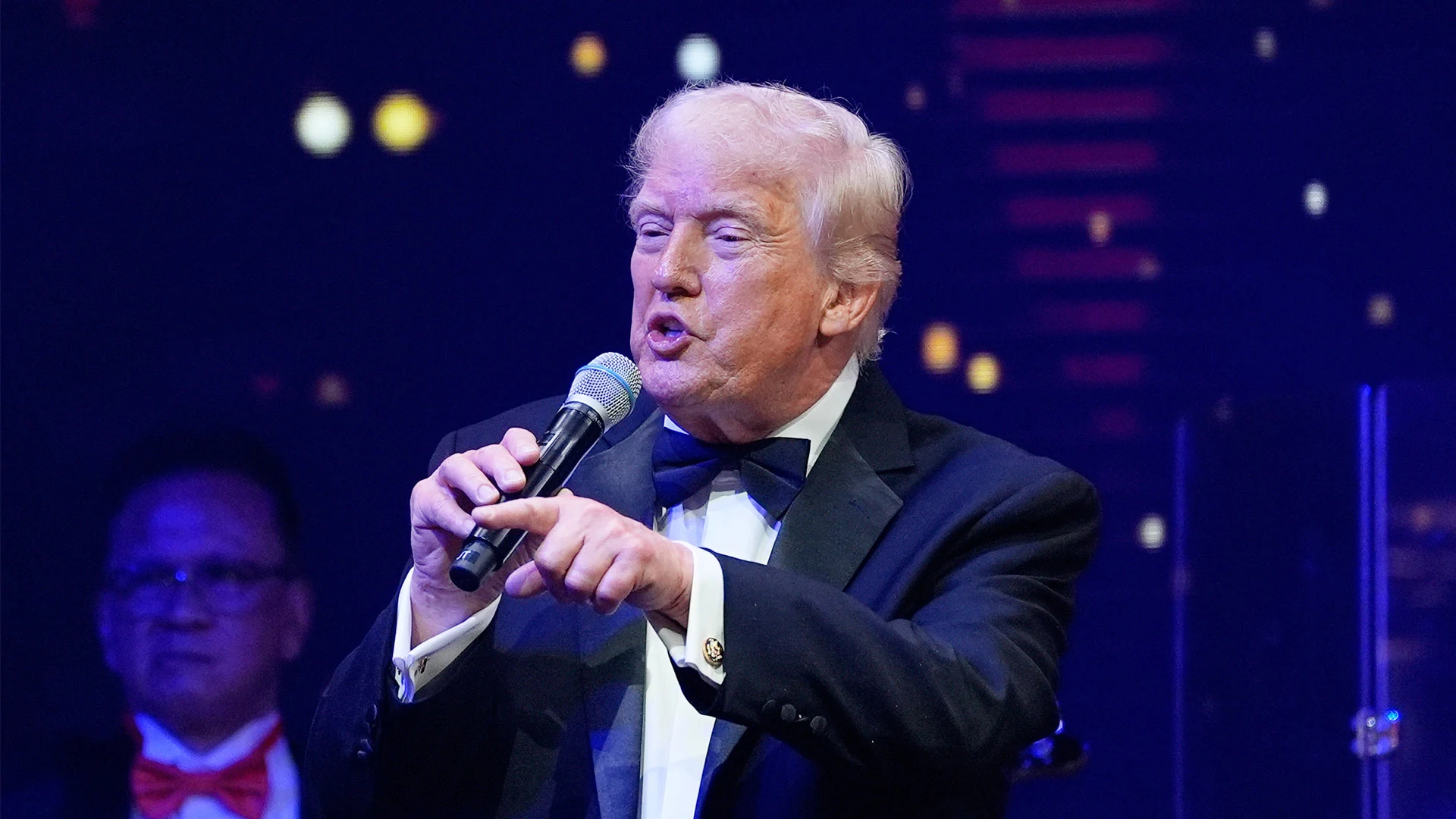#commerce-department
#commerce-department
[ follow ]
#tariffs #trade-policy #artificial-intelligence #california-energy-policy #us-taiwan-trade #furniture-industry
fromAbove the Law
2 months agoNew Lawsuit Seeks To Find Out What Exactly Is Up With Capitulating Biglaw Firms' Deals With Trump - Above the Law
You'll recall, early in his second term, Trump launched a war on Biglaw through unconstitutional Executive Orders designed to break major law firms unless they bent the knee. In the face of financial harm, nine major firms (Paul Weiss, Skadden, Kirkland, Latham, Cadwalader, Willkie Farr, Simpson Thacher, Milbank, and A&O Shearman) sought Trump's seal of approval, providing millions in pro bono payola, that is, free legal services on behalf of conservative clients or approved causes in order to avoid Trumpian retribution.
US politics
fromAbove the Law
3 months agoSimpson Thacher Becomes Latest Surrender Firm To Join Up With Trump's International House Of Tariffs - Above the Law
Back in August, the New York Times reported that Kirkland and Paul Weiss (along with Skadden) - firms who had cut deals with the administration in exchange for pro bono payola - had done work for Trump's Commerce Department. Democratic lawmakers quickly fired off inquiries because giving the government free services would violate the Anti-Deficiency Act, and direct work for the administration would contradict the firms' prior representations that any free legal work would be limited to a relatively benign list of charitable causes.
US politics
fromNextgov.com
3 months agoNew AI export marketplace looks to connect domestic AI firms with foreign buyers
"Under President Trump's direction, the Department of Commerce is launching a full-stack AI export promotion program to advance America's global leadership in AI," the press release reads. "The program will select industry-led export packages that will include AI hardware, software, models, and applications across industry sectors for promotion to countries and regions around the world." The initiative seeks to create a marketplace to match customers with American AI services and goods by focusing on goals to "increase exports, close deals, and advocacy and financing."
Tech industry
fromAbove the Law
4 months agoCapitulating To Trump Seems To Be A Sore Subject For Lawyers At Firms That Capitulated To Trump - Above the Law
It's been a little over six months since Donald Trump fired off a retaliatory executive order threatening to shut down Paul Weiss's ability to do business as a global law firm, which the firm immediately followed with sycophantic groveling. Paul Weiss offered the administration $40 million in free legal services - ostensibly for conservative-friendly charities - but we've since learned that they've taken on a role papering up work for the Commerce Department in a questionably legal arrangement.
US politics
US politics
fromAbove the Law
4 months agoLawmakers Ask Paul Weiss And Kirkland To Explain Why Trump Work Isn't Totally Illegal - Above the Law
Major law firms provided pro bono legal services to the Commerce Department that may violate the Antideficiency Act by accepting volunteer services without appropriation.
fromNextgov.com
9 months agoReconciliation text includes $500 million for modernization and AI at Commerce
The House Energy and Commerce Committee's 2025 budget reconciliation bill allocates $500 million for IT modernization and AI efforts, crucial as states grapple with regulations.
Artificial intelligence
[ Load more ]


